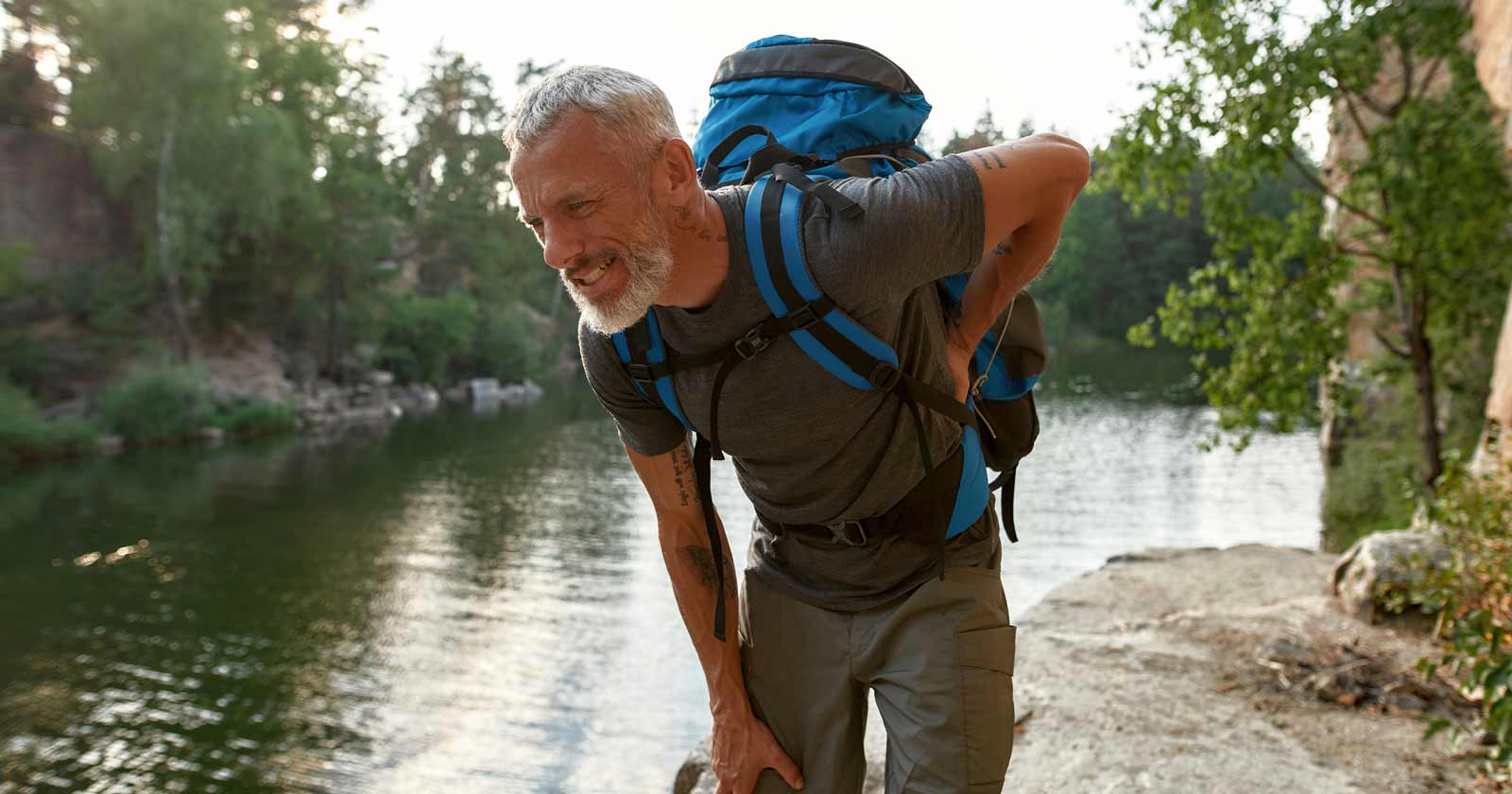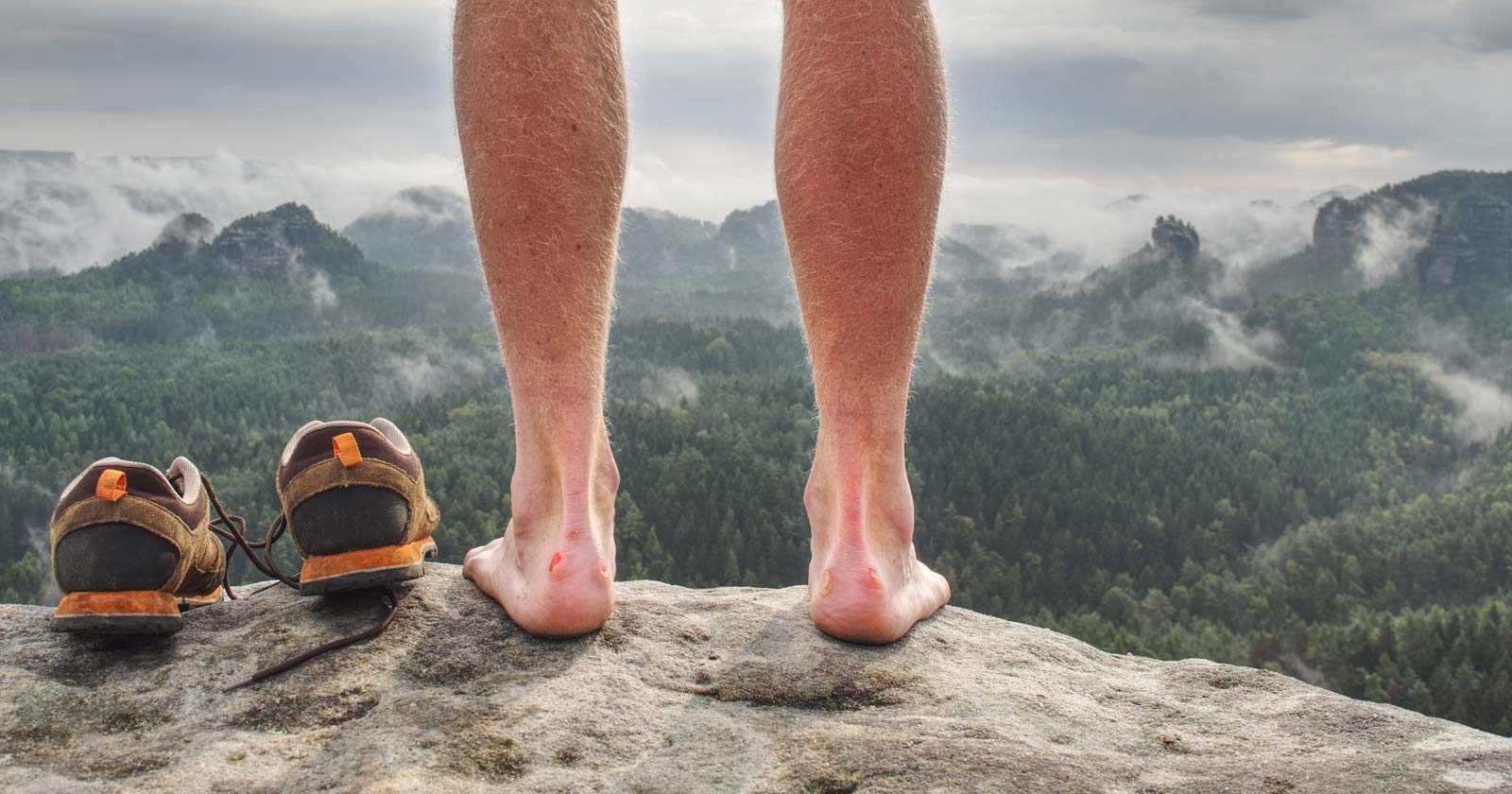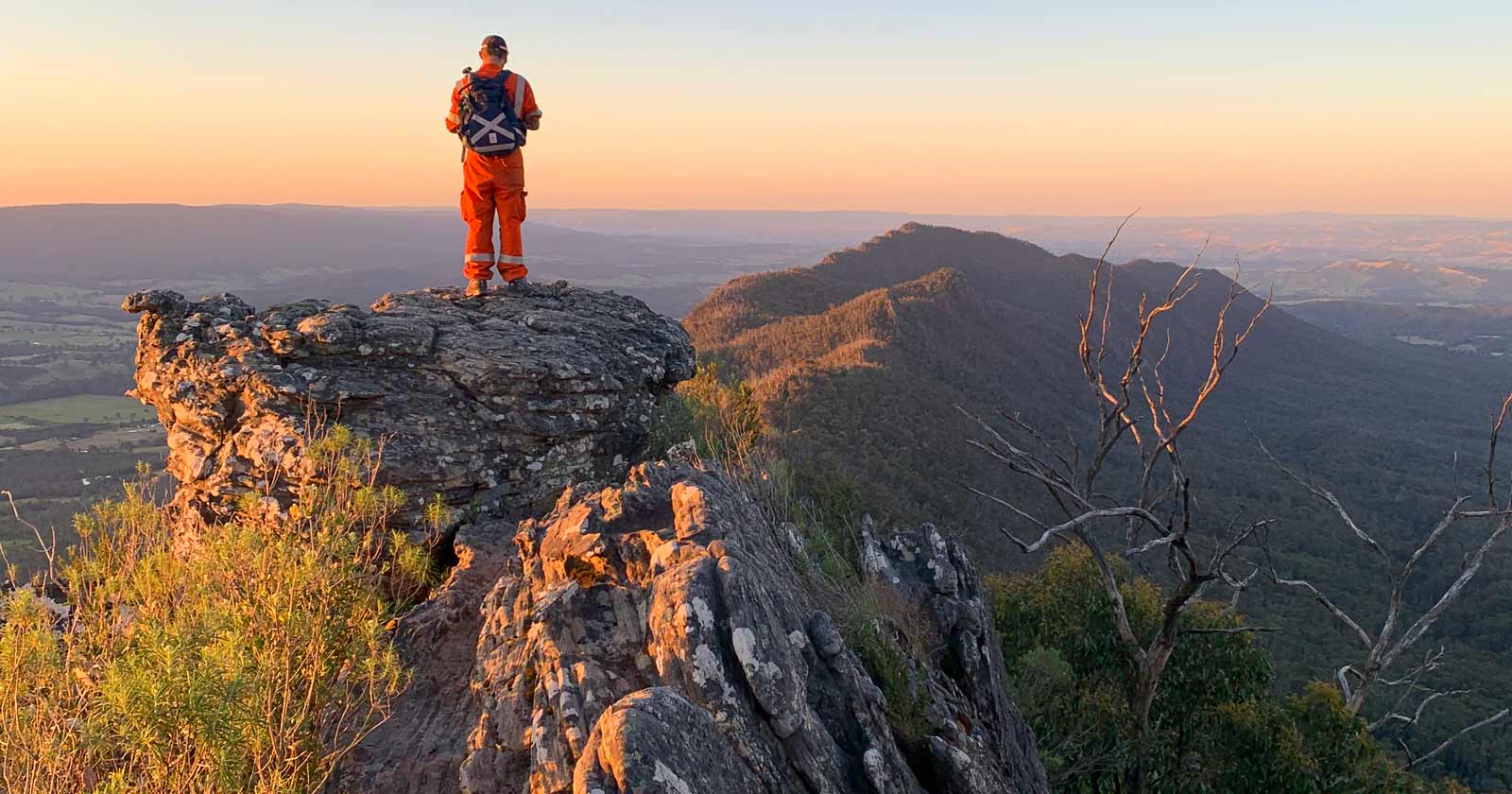Hiking offers a heap of benefits, from breathtaking scenery and physical activity to mental rejuvenation and connection with nature. However, the joy of spending time in nature can be dampened by a nagging backache that can experienced during or after a hike. Do you ever ask yourself, why does my back hurt when hiking? Understanding the causes and taking preventive measures can keep your back happy and your hikes pain-free.

Understanding the causes of back pain
There are several reasons why you might be getting a sore back while hiking, and no, it’s not always about your age. Back pain can depend on various factors like your fitness level, hiking experience, and the specific details of your hikes. Here are some common culprits:
Muscle overuse: Hiking engages various muscle groups in your back, core, and legs. If you’re not used to this level of exertion, or if you’re tackling a more challenging hike than usual, these muscles can become fatigued and sore.
Improper form: Poor posture or incorrect walking technique can put unnecessary strain on your back. This includes hunching over, taking long strides, or having uneven weight distribution in your backpack. When ever I experience back pain on my hikes, I often find its a result of poor posture, so I’ve expanded on topic below.
Overweight backpack: A heavy backpack can put significant stress on your back and shoulders. Ensure your backpack is properly fitted and only carry the essentials.
Pre-existing conditions: If you have any pre-existing back issues, like disc herniation or muscle imbalances, hiking can exacerbate them.
Dehydration: Dehydration can lead to muscle cramps and tightness, including in your back. Make sure you drink plenty of water throughout your hike.
Uneven terrain: Hiking on uneven terrain can require more effort and awkward movements, putting strain on your back.
Avoid sudden increases in intensity: Gradually increasing the difficulty and duration of your hikes is important. Rapid jumps in intensity can catch your body off guard, leading to fatigue and potential injury. Gradual progression allows your muscles, joints, and overall fitness to adapt, reducing the risk of strain and soreness.

Maintaining good posture
Maintaining good posture while hiking is crucial for preventing back pain. Here’s a few tips on improving yours:
- Stand tall: Imagine a string gently pulling your head towards the ceiling, lengthening your spine. Avoid slouching or hunching over.
- Neutral spine: Maintain a natural arch in your lower back, avoiding excessive sway or tucking your pelvis under.
- Chin up: Keep your chin slightly lifted, parallel to the ground. Looking down strains your neck and upper back.
- Relaxed shoulders: Roll your shoulders back and down, avoiding tensing them up towards your ears.
- Engage your core: Tighten your abdominal muscles slightly to support your spine and improve stability.
- Natural stride: Take shorter, controlled steps instead of long, lunging ones. Land on your midfoot, rolling through your heel to toe.

Tips to prevent or reduce back pain while hiking
Warm up and cool down: Perform dynamic stretches before your hike to prepare your muscles and static stretches afterwards to cool down and prevent soreness.
Focus on your form: Maintain good posture, engage your core, and take shorter, controlled steps. Use hiking poles for additional support and balance.
Pack light: Only carry essential items and distribute the weight evenly in your backpack. Use a properly fitted backpack that sits comfortably on your hips.
Hydrate consistently: Drink plenty of water before, during, and after your hike to stay hydrated and prevent muscle cramps.
Listen to your body: Take breaks when needed and don’t push yourself too hard, especially if you feel pain.
Strengthen your core: Strong core muscles provide stability and support for your spine, reducing the risk of back pain. Consider incorporating core strengthening exercises into your routine.
Consider hiking poles: Hiking poles can improve balance and stability, reducing stress on your back, especially on uneven terrain.
Consult a healthcare professional: If you have pre-existing back conditions or experience persistent or severe pain, or accompanied by other symptoms like numbness or weakness, it’s important to consult a healthcare professional for personalised diagnosis, guidance and treatment.
Key takeaways
- Maintain good posture by standing tall, ensuring a neutral spine, and engaging your core.
- Focus on proper form with controlled steps, especially on uneven terrain.
- Prioritise a well-fitted, light backpack and stay hydrated throughout your hike.
- Incorporate core-strengthening exercises into your routine for added stability.Listen to your body, take breaks when needed, and consult a
- healthcare professional for persistent pain or pre-existing conditions.
As you head out on your hiking adventures, remember that the key to a pain-free and enjoyable experience lies in understanding and respecting your body’s limits. By understanding the causes of back pain and taking preventive measures, you not only safeguard your back but also enhance your overall hiking experience. Share your own hiking experiences and back pain tips in the comments below.





